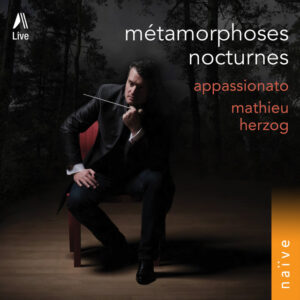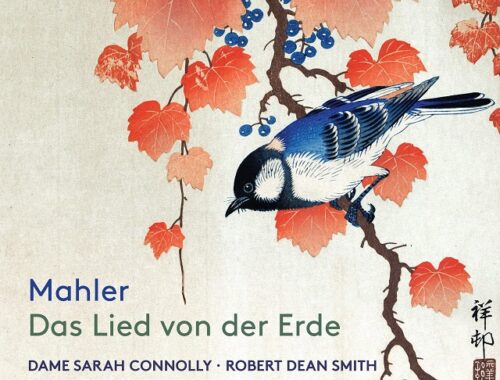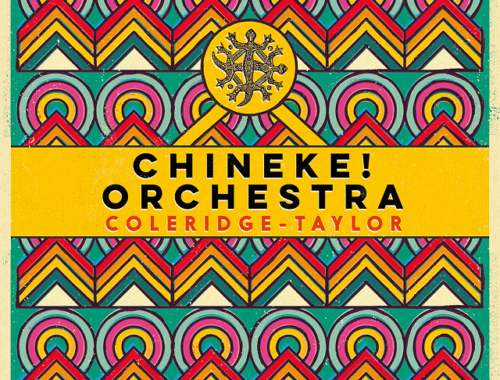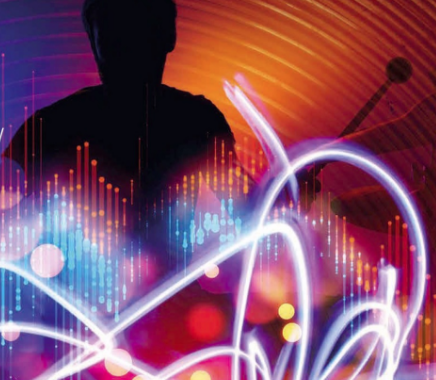GRAMOPHONE Review: Métamorphoses Nocturnes (Strauss/Respighi/Schoenberg) – Appassionato/Herzog
 Something of a revelation, this disc, this programme (the Respighi was new to me) – and for the creator of Appassionato, Mathieu Herzog (late of the Ébene Quartet), something plainly close to his heart. Appassionato is a chameleon of a chamber ensemble changing colour and complexion and size with the requirements of the repertoire. But as a string orchestra of some amplitude they really shine here, not just because they play like a string quartet – with soloistic precision and agility and passion – but because they actually comprise soloists from a number of well-known string quartets only too ready to answer Herzog’s call.
Something of a revelation, this disc, this programme (the Respighi was new to me) – and for the creator of Appassionato, Mathieu Herzog (late of the Ébene Quartet), something plainly close to his heart. Appassionato is a chameleon of a chamber ensemble changing colour and complexion and size with the requirements of the repertoire. But as a string orchestra of some amplitude they really shine here, not just because they play like a string quartet – with soloistic precision and agility and passion – but because they actually comprise soloists from a number of well-known string quartets only too ready to answer Herzog’s call.
All three performances are exceptional. Herzog himself describes Strauss’ Metamorphosen as ‘a sort of farewell to the German culture her knew’, a valediction but also a realisation of the changing musical and harmonic landscape taking us to the very edge of tonality. The beauty of this piece is in its complexity, the way in which it draws the ear into ever more intricate layering of string lines, their intensity in complete accord with an emotional import second to none in all of Strauss. This is the piece he had to write and this performance – which seems to place us right inside the sound (the engineering has thrilling immediacy) – takes us deeper and deeper into his musical and emotional state of mind.
All three pieces are in some sense dark nights of the soul. Respighi’s Il Tramonto (originally for voice and
string quartet plus double bass or string orchestra) was, as I said earlier, new to me and the poem by Shelley which it voices – ‘The Sunset’ – is close in spirit to the transfiguring love/death meditation of Richard Demel’s ‘Verklärte Nacht’ which inspired Schoenberg. Herzog’s arrangement (or should one say ‘expansion’) deploys five actual quartets as one writ larger and the effect is at once seductive, spectral, and elusive. Mezzo soprano Adele Charvet is most sensitive to the poignancy and twilit imagery of the text and as we move closer to its transfiguration she and her string counterparts become more and more seraphic. Quite a discovery.
And so to the Schoenberg which might be the best performance of all. I can’t recall a more hushed, breathless, furtive opening – and as the piece grows more febrile and impassioned, tranquility rubbing shoulders with high-anxiety, the precision (technically stunning) and high-voltage emotionalism of the performance becomes increasingly gripping. Real edge-of-seat stuff. There are startling pizzicato and seismic basses but for me it is the quietudes, hushed and inward, which really resonate. I can hear now those traceries of string texture at the heart of the piece. Transfigured indeed.
All of a programme, then, brilliantly executed. What will this chameleon of an ensemble bring us next? Their name was well chosen.
You May Also Like

GRAMOPHONE Review: Mahler Das Lied von der Erde – Dame Sarah Connolly, Robert Dean Smith, Rundfunk-Sinfonieorchester Berlin/Jurowski
16/09/2020
GRAMOPHONE Review: A & S Coleridge-Taylor Orchestral Works – Chineke! Orchestra
06/01/2023

